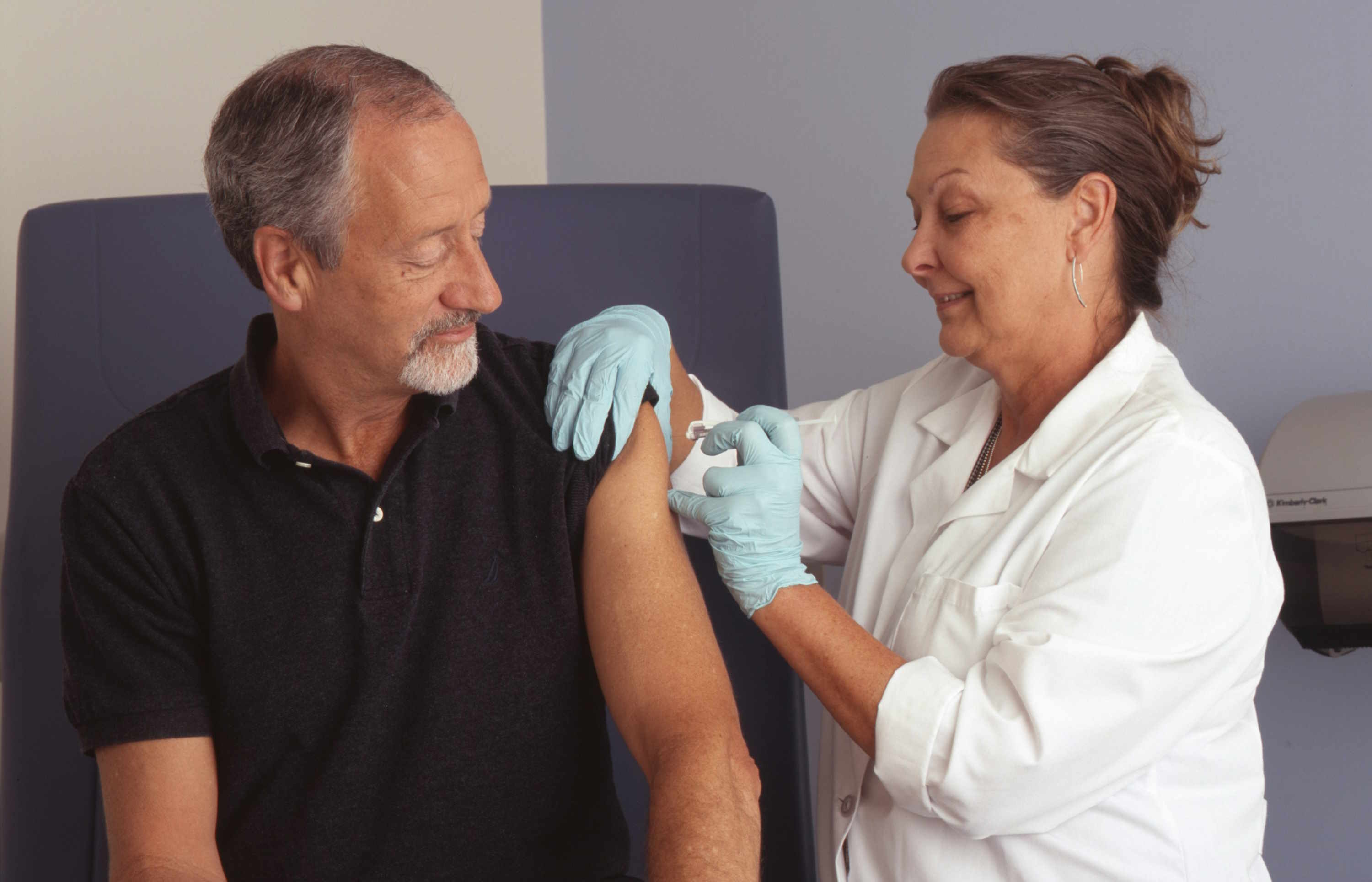Pneumonia Treatment Options for Seniors: A Comprehensive Guide
Pneumonia is a serious respiratory infection that can be particularly dangerous for older adults. This article explores the various treatment options available for seniors with pneumonia, focusing on the unique challenges and considerations for elderly patients.

How is pneumonia diagnosed in elderly patients?
Diagnosing pneumonia in seniors can be challenging as symptoms may differ from those in younger adults. Doctors typically use a combination of physical examinations, chest X-rays, blood tests, and sputum cultures to confirm the diagnosis. In some cases, additional tests such as CT scans or pulse oximetry may be necessary to assess the severity of the infection.
What are the primary treatment options for seniors with pneumonia?
Treatment for pneumonia in elderly patients often involves a multifaceted approach:
-
Antibiotics: The primary treatment for bacterial pneumonia is antibiotics. The specific type and duration of antibiotic therapy depend on the severity of the infection and the patient’s overall health.
-
Antiviral medications: For viral pneumonia, such as that caused by influenza, antiviral drugs may be prescribed.
-
Oxygen therapy: Seniors with severe pneumonia may require supplemental oxygen to maintain adequate blood oxygen levels.
-
Rest and hydration: Proper rest and increased fluid intake are essential for recovery.
-
Pain and fever management: Over-the-counter medications may be recommended to manage symptoms and discomfort.
What role do vaccines play in pneumonia prevention for the elderly?
Vaccines play a crucial role in preventing pneumonia in seniors:
-
Pneumococcal vaccines: Two types of pneumococcal vaccines (PCV13 and PPSV23) are recommended for adults 65 and older to protect against pneumococcal pneumonia.
-
Influenza vaccine: Annual flu shots can help prevent influenza-related pneumonia.
-
COVID-19 vaccine: This vaccine can reduce the risk of severe COVID-19, which may lead to pneumonia.
Healthcare providers typically recommend these vaccines as part of a comprehensive preventive care plan for seniors.
Are there specialized care considerations for elderly pneumonia patients?
Elderly pneumonia patients often require specialized care:
-
Closer monitoring: Seniors may need more frequent check-ups and vital sign monitoring during treatment.
-
Medication management: Healthcare providers must carefully consider potential drug interactions and side effects, as many seniors take multiple medications.
-
Nutritional support: Proper nutrition is crucial for recovery, and some seniors may require dietary supplements or assistance with meals.
-
Physical therapy: Gentle exercises or respiratory therapy may be recommended to prevent complications and aid recovery.
-
Home care services: Some seniors may benefit from home healthcare services during their recovery period.
How can seniors reduce their risk of pneumonia?
Preventive measures are essential for reducing pneumonia risk in the elderly:
-
Maintain good hygiene: Regular handwashing and avoiding close contact with sick individuals can help prevent infection.
-
Stay up-to-date with vaccinations: Ensure all recommended vaccines are current.
-
Manage chronic conditions: Properly controlling conditions like diabetes or heart disease can reduce pneumonia risk.
-
Quit smoking: Smoking increases the risk of respiratory infections, including pneumonia.
-
Practice good oral hygiene: Regular dental care can help prevent aspiration pneumonia.
-
Stay active: Regular exercise can help maintain overall health and boost the immune system.
Pneumonia treatment for seniors requires a comprehensive approach that considers the unique needs of elderly patients. By combining appropriate medical interventions, preventive measures, and specialized care, healthcare providers can help seniors recover from pneumonia and reduce their risk of future infections. It’s essential for older adults and their caregivers to work closely with healthcare professionals to develop an effective treatment and prevention plan tailored to individual needs and health status.
This article is for informational purposes only and should not be considered medical advice. Please consult a qualified healthcare professional for personalized guidance and treatment.




